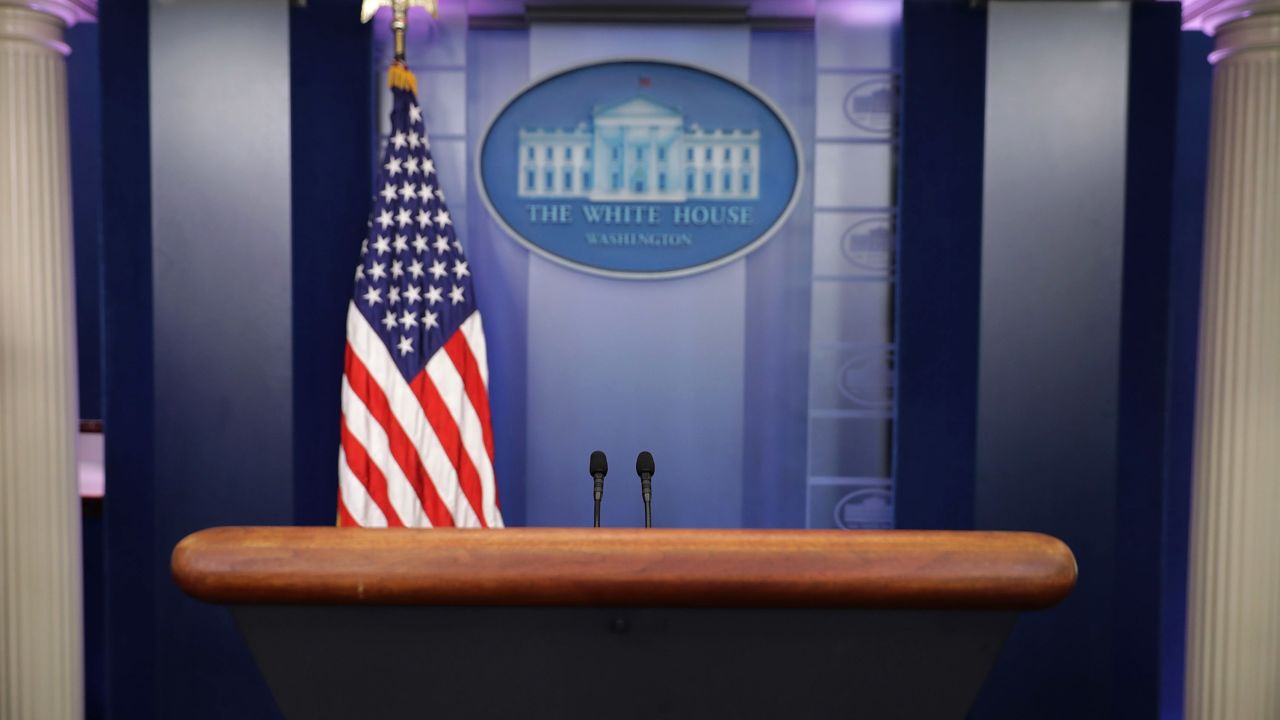(CTN NEWS) – The Hatch Act is a critical legislation that plays a significant role in shaping political activities in the United States.
Enacted in 1939, this federal law aims to ensure that federal employees remain nonpartisan and refrain from engaging in certain political activities.
Understanding the Hatch Act is essential for both government employees and the general public to comprehend its significance and implications.
In this comprehensive guide, we will explore the key aspects of the Hatch Act and shed light on its impact on the political landscape.
What is the Hatch Act?
The Hatch Act, formally known as An Act to Prevent Pernicious Political Activities, was signed into law by President Franklin D. Roosevelt on August 2, 1939. It was named after Senator Carl A.
Hatch of New Mexico, who was the chief sponsor of the act.
The primary purpose of the Hatch Act is to prohibit federal employees from engaging in certain partisan political activities, ensuring that their work is conducted in a nonpartisan manner.
The Significance of the Hatch Act
The Hatch Act serves as a crucial safeguard to maintain the neutrality and integrity of the federal workforce.
By placing restrictions on political activities, the act aims to prevent any undue influence on the functioning of government agencies.
It ensures that federal employees are hired, retained, and promoted based on their qualifications, rather than their political affiliations.
Protecting the Integrity of Government Institutions
One of the key reasons behind the enactment of the Hatch Act is to protect the integrity of government institutions.
By prohibiting federal employees from engaging in political activities while on duty, the act ensures that public resources are not misused for partisan purposes.
This provision helps maintain the impartiality of government agencies and guarantees fair and unbiased decision-making.
Preserving Public Trust
Public trust is a crucial element for the effective functioning of any democratic society.
The Hatch Act plays a vital role in preserving public trust by requiring federal employees to refrain from engaging in partisan activities that may compromise their impartiality.
This provision ensures that the public has confidence in the integrity and fairness of government operations.
Ensuring Equal Treatment of Employees
The Hatch Act promotes the principle of equal treatment for all federal employees.
By restricting political activities, the act ensures that employees are evaluated and rewarded based on their merit and performance rather than their political connections.
This provision helps create a level playing field and fosters a professional work environment within government agencies.
Prohibited Political Activities
Under the Hatch Act, federal employees are prohibited from engaging in various political activities. It is essential to understand these restrictions to avoid any inadvertent violations.
Here are some of the key political activities that are prohibited under the act:
- Running for Public Office: Federal employees are generally prohibited from running for partisan elected offices. However, there are some exceptions for certain local and nonpartisan positions.
- Engaging in Political Fundraising: Federal employees are restricted from soliciting, accepting, or receiving political contributions.
- Holding Partisan Office Positions: Federal employees are generally prohibited from holding positions in political party organizations or engaging in political management or partisan political campaigns.
- Wearing Political Insignia: Federal employees are prohibited from wearing partisan political buttons, badges, or other items while on duty.
Who Has Violated The Hatch Act?
After posting a retweet from his official Twitter account that included a request to buy political goods for a Democratic organisation, Klain was found to have broken the Hatch Act.
Psaki ran into difficulty after she seemed to support Terry McAuliffe, a Democrat.
White House counsellor Kellyanne Conway, senior adviser to the president and his son-in-law Jared Kushner, White House press secretary Kayleigh McEnany, national security adviser Robert O’Brien, Energy Secretary Dan Brouillette, White House chief of staff Mark Meadows, adviser Stephen Miller, White House deputy press secretary Brian Morgenstern, Vice President Mike Pence’s chief of staff Marc Short, and White House press secretary Brian Morgenstern were among the 13 senior Trump officials who violated the Hatch Act.
Dan Scavino, the director of social media for the White House, and Nikki Haley, the US ambassador to the UN at the time, both got formal warnings in 2017 for tweets that the OSC claimed violated the regulations.
Additionally, two members of the Obama administration’s Cabinet received Hatch Act reprimands. In 2012, the OSC cited Kathleen Sebelius, the secretary of health and human services, for making political remarks.
Sebelius later expressed contrition for her remarks but objected to the OSC’s level of retaliation.
Julian Castro, the Housing and Urban Development Secretary under President Obama, attempted to comply with the law in 2016 by endorsing Clinton while claiming to be speaking “individually” and removing his “HUD hat for a second.”
That was ineffective. Castro was there in his official role, and the OSC noted that the department seal was behind him in its announcement that Castro had broken the Hatch Act.
More recently, the OSC declared in May that Marcia Fudge, the secretary of housing and urban development, had broken the Hatch Act when she made remarks about Ohio politics earlier this year from the White House stage.
RELATED CTN NEWS:
Biden Administration Announced New $325 Million Military Assistance Package For Ukraine
Cyclone Biparjoy Expected To Land Tomorrow In India & Pakistan: What You Need To Know
White House Bans ‘Rose Montoya’ Trans Activist For Topless Videos At Pride Event






